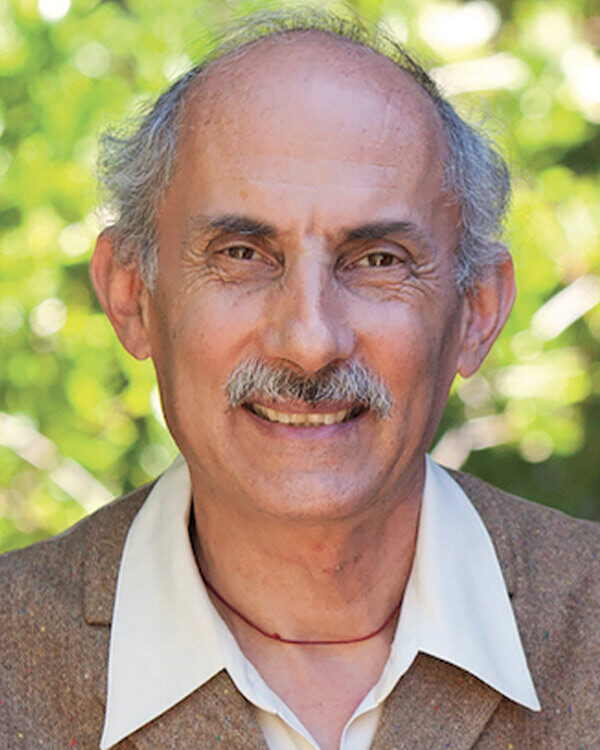Forty years ago, I arrived at a forest monastery in Thailand in search of my own happiness. A confused, lonely young man with a painful family history, I had graduated from Dartmouth College in Asian studies and asked the Peace Corps to send me to a Buddhist country. Looking back, I can see that I was trying to escape not only my family pain but also the materialism and suffering so evident in the Vietnam War of our culture at large. Working on rural health and medical teams in the provinces along the Mekong River, I heard about a meditation master, Ajahn Chah, who welcomed Western students. I was full of ideas and hopes that Buddhist teachings would help me, maybe even lead me to become enlightened. After months of visits to Ajahn Chah's monastery, I took monk's vows. Over the next three years I was introduced to the practices of mindfulness, generosity, lovingkindness, and integrity, which are at the heart of Buddhist training. That was the beginning of a lifetime journey with Buddhist teachings.
Like Spirit Rock today, the forest monastery received a stream of visitors. Every day, Ajahn Chah would sit on a wooden bench at the edge of a clearing and greet them all: local rice farmers and devout pilgrims, seekers and soldiers, young people, government ministers from the capital, and Western students. All brought their spiritual questions and conflicts, their sorrows, fears, and aspirations. At one moment Ajahn Chah would be gently holding the head of a man whose young son had just died, at another laughing with a disillusioned shopkeeper at the arrogance of humanity. In the morning he might be teaching ethics to a semi-corrupt government official, in the afternoon offering a meditation on the nature of undying consciousness to a devout old nun. Even among these total strangers, there was a remarkable atmosphere of safety and trust. All were held by the compassion of the master and the teachings that guided us together in the human journey of birth and death, joy and sorrow. We sat together as one human family.
Ajahn Chah and other Buddhist masters like him are practitioners of a living psychology: one of the oldest and most well-developed systems of healing and understanding on the face of the earth. This psychology makes no distinction between worldly and spiritual problems. To Ajahn Chah, anxiety, trauma, financial problems, physical difficulties, struggles with meditation, ethical dilemmas, and community conflict were all forms of suffering to be treated with the medicine of Buddhist teaching. He was able to respond to the wide range of human troubles and possibilities from his own deep meditation, and also from the vast array of skillful means passed down by his teachers. Sophisticated meditative disciplines, healing practices, cognitive and emotional trainings, conflict resolution techniques, he used them all to awaken his visitors to their own qualities of integrity, equanimity, gratitude, and forgiveness.
Excerpted from The Wise Heart by Jack Kornfield.
